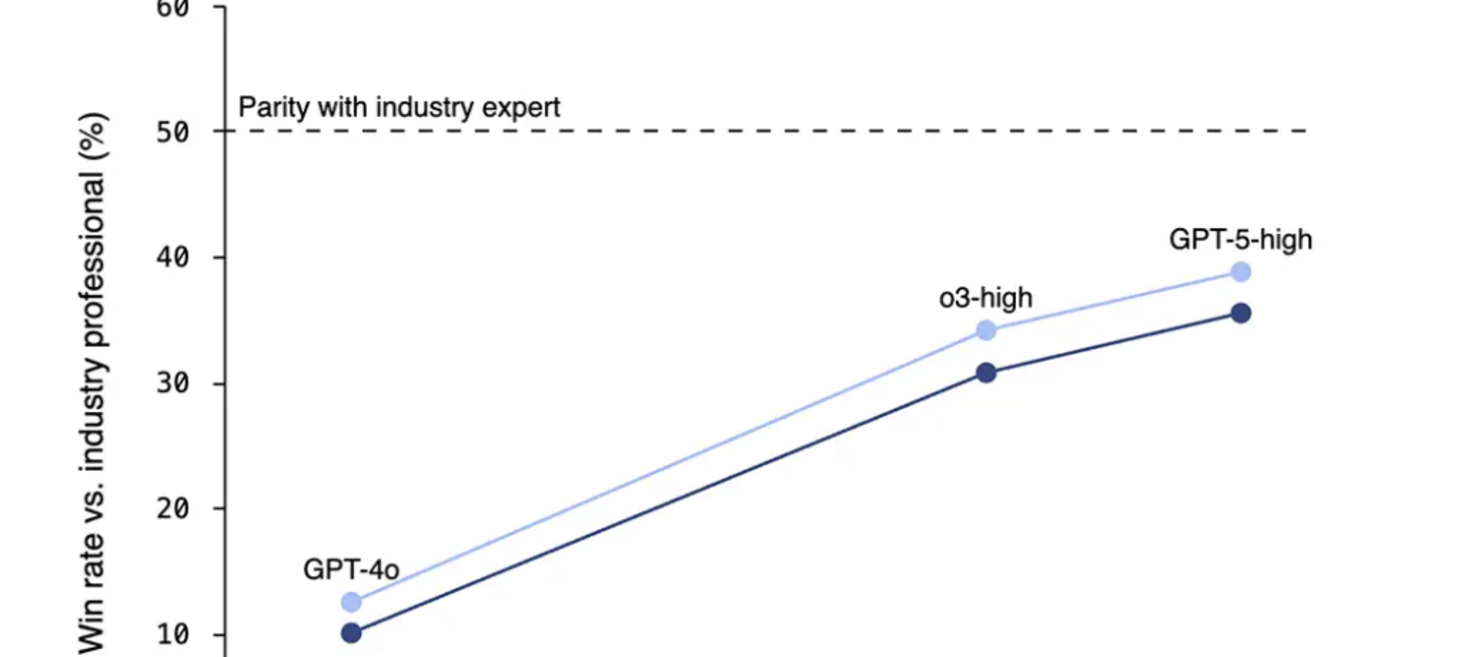How to engineer luck
Here’s an absurd but fun thought experiment: If you had to double your luck in the next six months, what would you do?
Disrupting the first reported AI-orchestrated cyber espionage campaign
In mid-September 2025, we detected suspicious activity that later investigation determined to be a highly sophisticated espionage campaign. The attackers used AI’s “agentic” capabilities to an unprecedented degree—using AI not just as an advisor, but to execute the cyberattacks themselves.
How To Leverage Cultural Triggers To Engineer A High Performance Organization
We’ve all heard the saying, “when you change the incentives you change the behavior,” and most of us even believed it at some point. But with experience, you find that human behavior doesn’t fit into such neat little boxes. People act the way they do for all kinds of reasons, some of them rational, some of them not.
Running 1:1s for Engineers
This article is a great reminder as to the purpose of 1:1's, and some great questions to ask!
Demystifying modeling: How quantitative models can—and can’t—explain the world
Some thinking from 5 years ago that is still very relevant:
- "Models can be broken down into three main components: raw data, assumptions that define what the model does with the data, and final output. The relative importance of assumptions and data varies by model."
- Models cant fixed bad data!
- Test the assumptions - are they still relevant and within expected bands - did we not learn this from the 2008 GFC?

Failing to Understand the Exponential, Again
"Given consistent trends of exponential performance improvements over many years and across many industries, it would be extremely surprising if these improvements suddenly stopped. Instead, even a relatively conservative extrapolation of these trends suggests that 2026 will be a pivotal year for the widespread integration of AI into the economy"